Queenswalk: The Palatial Home of the Tin-Horn Punk, Part 2
In the spring of 1939, the front pages of the local New York papers were abuzz with news of the coming war in Europe. Hitler was advancing on Poland, the French were readying their own army, knowing they were next, and the British were calling up their airmen to active duty, securing their shoreline, and…

In the spring of 1939, the front pages of the local New York papers were abuzz with news of the coming war in Europe. Hitler was advancing on Poland, the French were readying their own army, knowing they were next, and the British were calling up their airmen to active duty, securing their shoreline, and preparing their military and civil defenses. Here in the United States, President Roosevelt was assuring the American people that we were ready to go to war, but only if we had to. He was seeking some kind of diplomatic solution before another world war broke out.
In the middle of all of this global news, the local headlines were more concerned with another battle; the ongoing war between Mayor LaGuardia and his law enforcement officials and a rich, well-connected and affable bookie named Frank Erickson. His story began in our last Queenswalk. The 1930s had been a tumultuous time here in the city. The Great Depression had devastated society, creating the perfect climate for organized crime to grow and flourish. The newspapers, radio, even the movies, echoed the fear and fascination the populace felt towards the crime lords and their minions who made up The Mob.
Names like Lucky Luciano, Dutch Schultz and Frank Costello were familiar to the public, which followed the lives and deaths of the mobsters like a serial movie. They were also familiar to Frank Erickson, who had counted them all as friends and business associates. Because the bookie who lived in a beautiful and expensive home in Forest Hills, and was driven around in a fine limousine, was the largest and most successful bookmaker in America. If you placed a bet on a horserace, especially in New York, chances are you either made book with Frank Erickson or someone who worked for him. He was the king of gamblers, a millionaire many times over, with friends in high places and low. And Mayor LaGuardia was determined to bring him down.
LaGuardia called Erickson a “tin-horn punk” on several occasions, and had his district attorney and investigators looking for ways to prosecute and jail Erickson for as long as they could. But Erickson was smart. He had been arrested on several occasions for bookmaking, but the authorities had never been able to make a case stick.
Because they couldn’t get him for his bookmaking activities directly, the prosecutors got creative. In June of 1939, they had Erickson arrested for vagrancy. They dusted off an old city law; Section 899 of the Code of Criminal Procedure, which stated: “Any person who has no visible means of support, or any person who maintains himself for the most part by gaming is a disorderly person.” Disorderly person equals vagrant.
The “vagrant” showed up at the Queens County Courthouse in Rockaway Beach Court on June 12, 1939, after having left his swanky estate in Forest Hills that morning in his chauffeur driven limo. He made quite the entrance into court accompanied by his lawyer, Martin W. Littleton, a former Nassau County District Attorney. As Erickson got comfortable in his chair, Littleton presented the judge with a thick pile of stock certificates. The gilt edged documents represented over $125,000 worth of stock in three of New York’s largest banks; National City Bank, Chase National Bank and Chemical Bank and Trust.
“Is a man with this kind of stock a vagrant?” Littleton asked, “I don’t think so.” He went on to argue that his client may have been a bookie on the side, but he was primarily a stocks and bonds trader, and was a Wall Street tycoon, not a back alley bookie. Littleton also produced a trading ledger showing a long history of trades on Erickson’s account. The Assistant District Attorney, one J. Erwin Shapiro, strongly objected to the stock certificates, as well as Littleton’s assertions that Erickson made most of his money on Wall Street.
Shapiro maintained that the $125,000 in stocks proved nothing in determining Erickson’s disorderly charge, as the defense had not shown where the money came from. Littleton loudly exclaimed to the court, “My God, do you mean to say you expect me to show where each and every dollar of this man’s fortune came from? Why, there is no one in this world who can trace the origins of all his earnings. If you try to make me go back that far, you’ll have us all in tree branches hanging by our tails.”
The judge, who was a known LaGuardia man, then had each side prepare their briefs. They spent the next three hours bickering in front of the judge, who also added to the drama by declaring that he was his own man, beholding to no one, and able to render a judgment based solely on the facts presented to him. Littleton ended the day with two motions. One for a postponement of the hearing, the other to have the case dismissed because it was frivolous and the law was archaic and outmoded. The judge denied both motions.
In the meantime, they went after Erickson for another matter. He had a gun permit issued through a Queens precinct. In applying for the permit, the application asked if he had ever been arrested. He said no. That was not true. He had never been convicted, but had been arrested several times. After an exhaustive investigation by the Commissioner of Investigations, William Herlands, on the orders of Mayor LaGuardia, the District Attorney indicted Erickson on three charges of perjury. Two of them were for lying about the arrests, and one charge for stating on the application that he was retired. The DA alleged that this too was a lie, and Erickson was an active full time bookmaker, not retired gentry.
The authorities were ready to milk this charge for all it was worth. They went to Erickson’s Forest Hills home for the big arrest, but he wasn’t there. He surrendered himself in Maspeth instead, arriving in his limo. He was fingerprinted and booked, and then taken to Manhattan for a photography session for their Rouges Gallery, and the obligatory perp walk. He made bail, and went home. Meanwhile Herlands and his team raided Erickson’s Manhattan offices and confiscated paperwork detailing bookmaking operations across the country.
A week after his court appearance for vagrancy, Erickson and his lawyer were back in Rockaway Beach. The magistrate, Judge Irving B. Cooper, found him guilty. He was officially a disorderly person and a vagrant without a legal means of support. Erickson had to post a $10,000 bond, and was ordered to stop bookmaking. Theoretically, the reporter covering the case for the Long Island City Star Journal postulated, over 3,000 people who worked for Erickson’s bookmaking operations would be out of work.
By 1940, all of this was over and done. Erickson’s conviction for vagrancy was overturned by a court of appeals. Mayor LaGuardia was not happy. He told the papers that Erickson was “a bum that we don’t want around here.” Erickson sat in his mansion and laughed. The perjury case also went nowhere. He had been found guilty there, too, but the Appellate tossed that case out, as well. If they were going to get Frank Erickson, it was going to have to be for something a little more substantive than being a bum and a liar.
(Photo: Preakness at Pimlico Race Track, 1935. Killduffs.com)
Next time: the conclusion of the story.



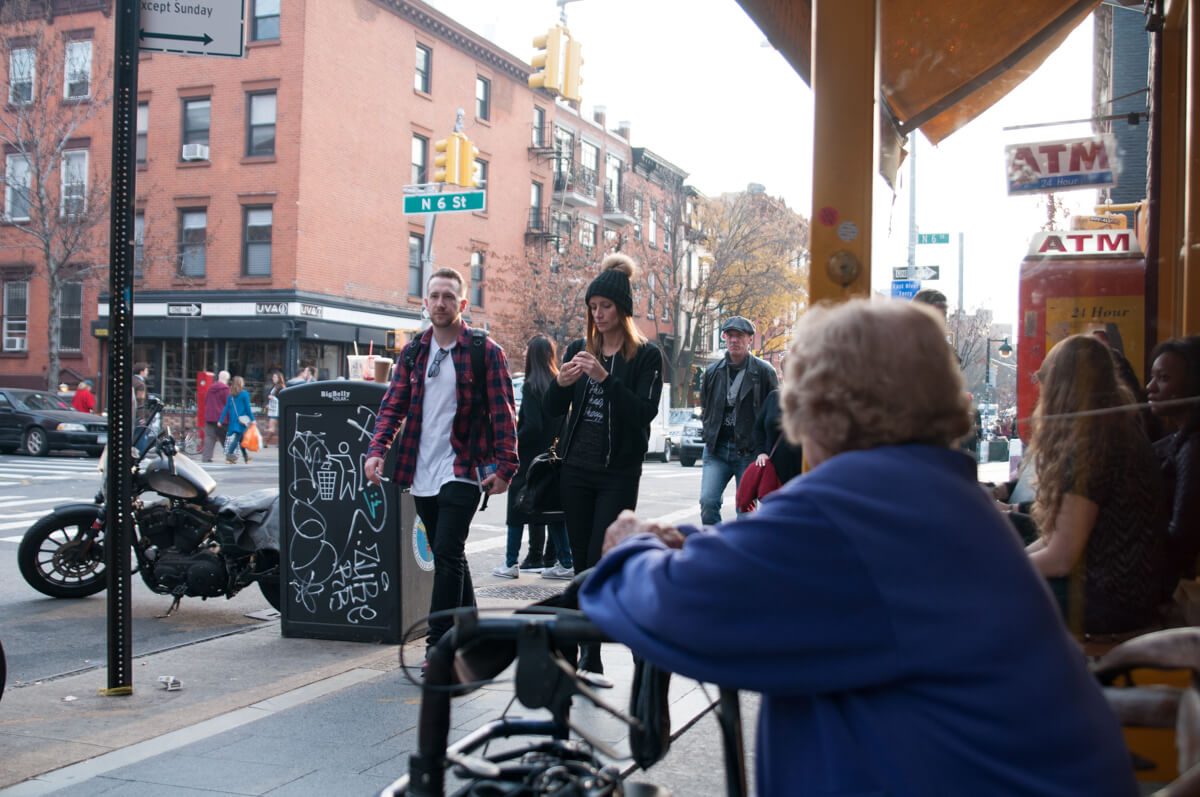
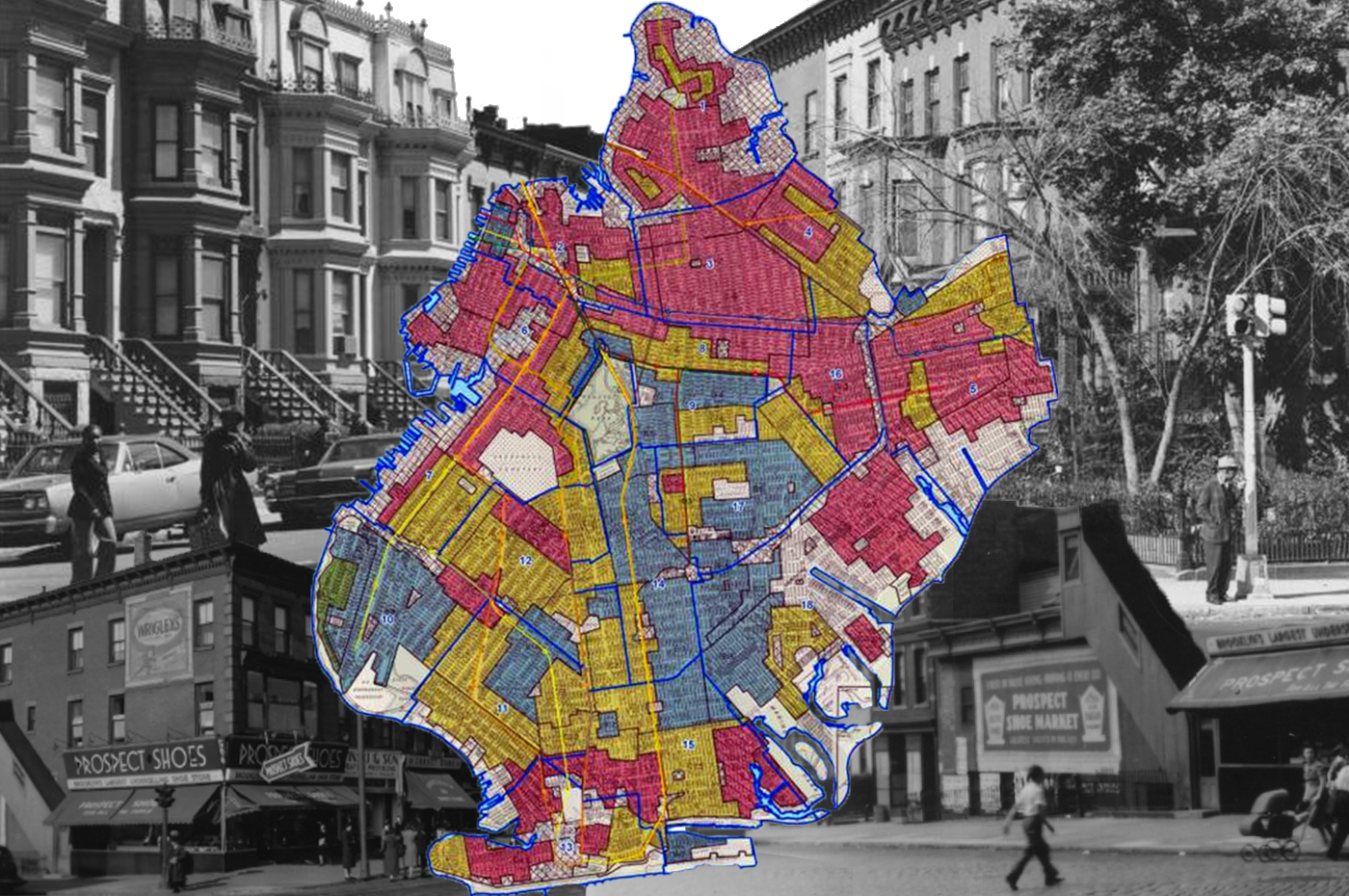

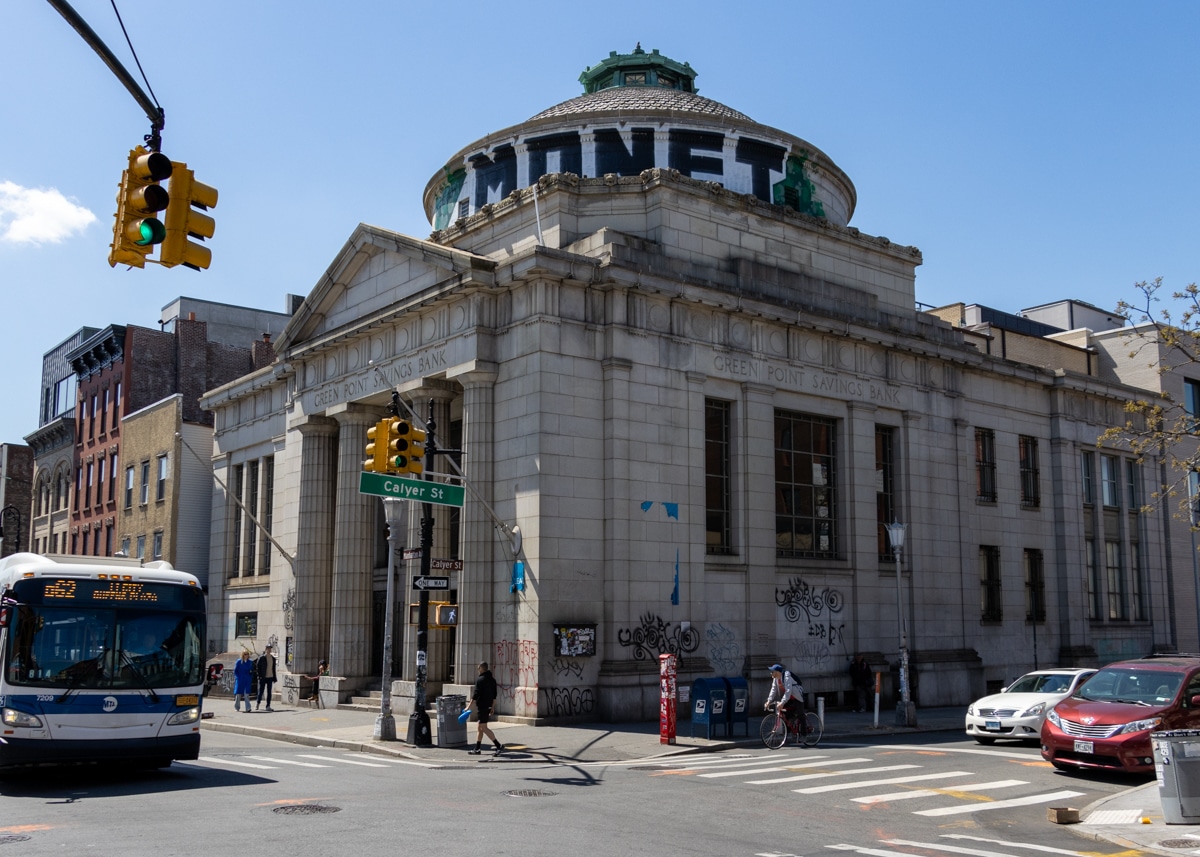


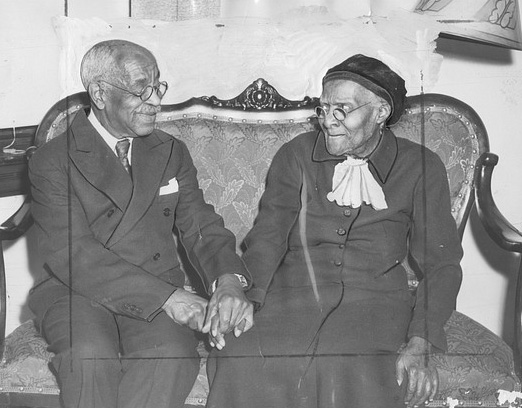
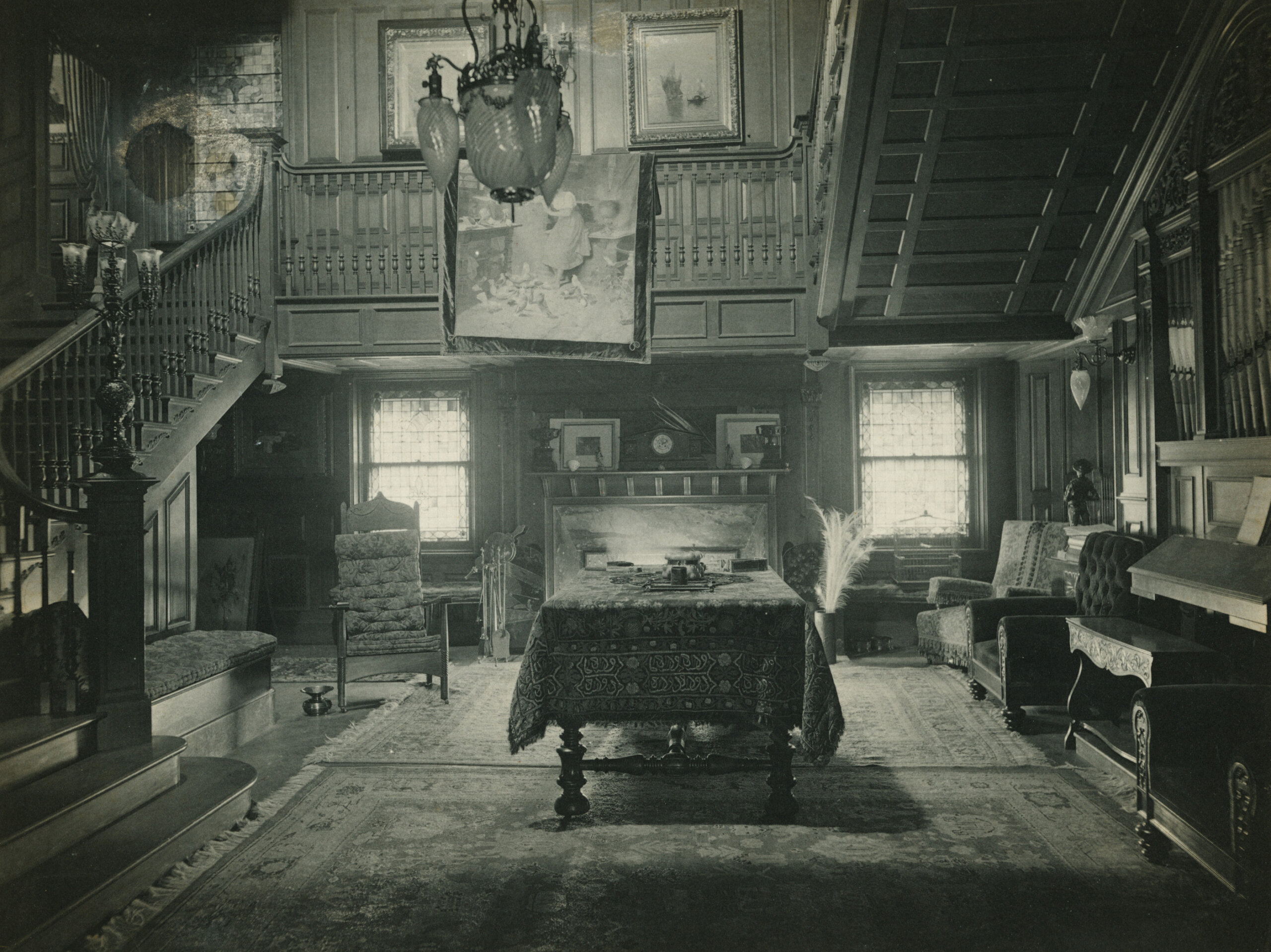
What's Your Take? Leave a Comment